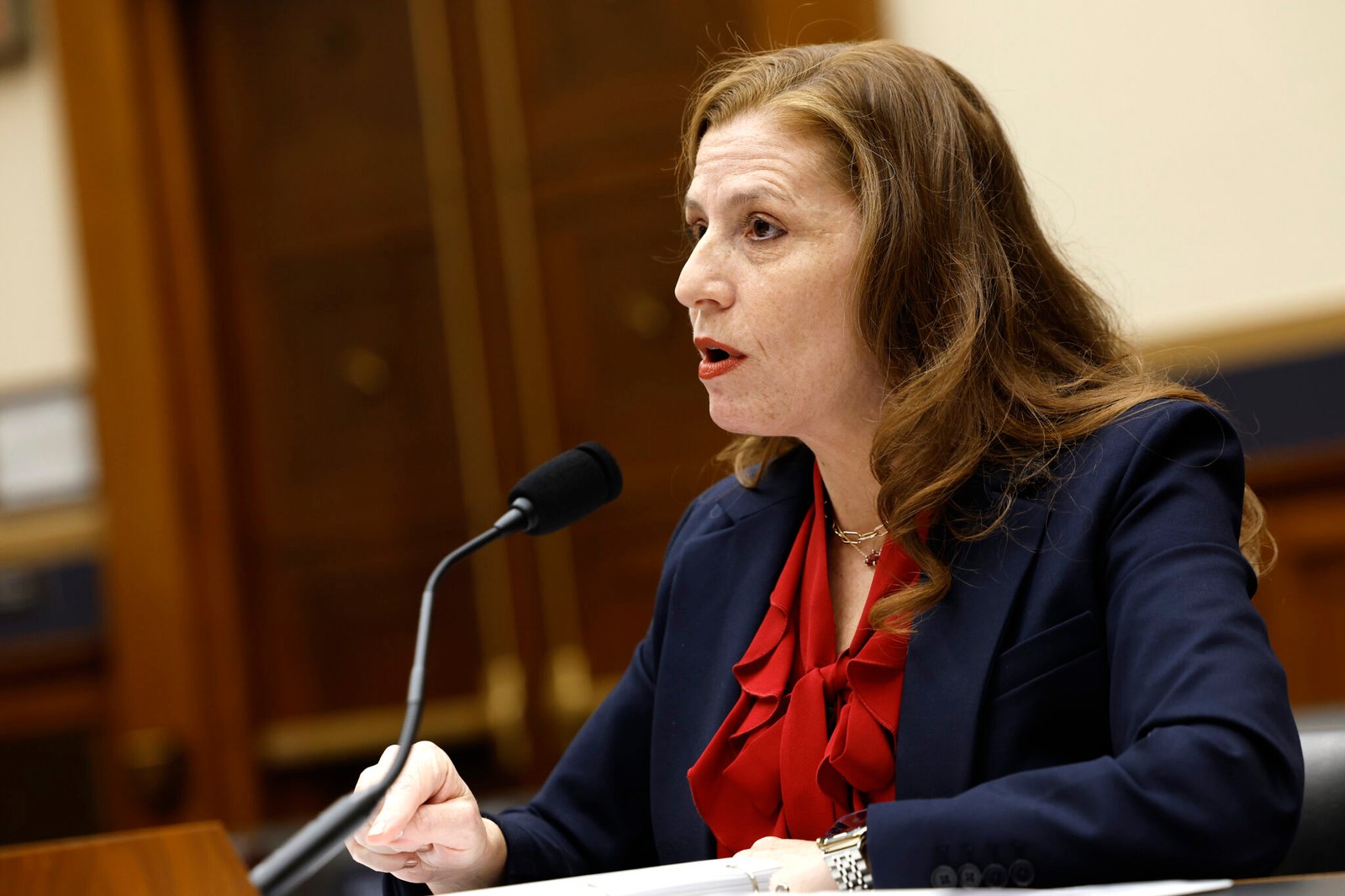Andy Biggs
U.S. House Republicans Intense Showdown with Immigration Agency Chief on Parole Program

WASHINGTON — Republican members of the U.S. House Judiciary Committee rigorously questioned the head of the Department of Homeland Security during a contentious hearing on Wednesday. The focus was on the Biden administration’s parole program, which offers temporary protections for nationals from select countries.
This program enables nationals from Cuba, Haiti, Nicaragua, and Venezuela to secure work permits and reside in the U.S. if they have a sponsor here. Rep. Tom McClintock, chair of the Subcommittee on Immigration Integrity, Security, and Enforcement, accused U.S. Citizenship and Immigration Services (USCIS) of establishing “unlawful” pathways for legal immigration through humanitarian parole—a method presidents have utilized since the 1950s.
Full Judiciary Committee chair Jim Jordan of Ohio pressed USCIS Director Ur Jaddou on whether programs of this nature had been implemented prior to Biden’s administration. Since the inception of the current program in 2022, over 500,000 individuals have received parole.
Jaddou asserted that previous administrations had also used similar parole authorities. Meanwhile, the panel’s top Democrat, Pramila Jayapal of Washington, condemned Republican efforts to limit legal immigration pathways, emphasizing that the U.S. workforce relies heavily on immigrant contributions.
“We benefit from the contributions of immigrants and their families in every single field of work,” she stated.
The funding structure of USCIS was another contentious point. Operating on a budget of roughly $5 billion, the agency receives 96% of its funding from immigration-related fees, with congressional appropriations comprising a mere 4%. Jayapal defended Jaddou, explaining that the agency had to recuperate from budget deficits exacerbated by the COVID-19 pandemic, which significantly impacted office operations and revenue.
Jaddou noted the challenges posed by the fee-based funding model, mentioning that a funding crisis can hinder hiring and operational efficiency. “We do not have effective legal immigration systems to meet the needs of the nation,” she asserted.
The hearing turned to issues of potential fraud within the parole program. Arizona Republican Rep. Andy Biggs inquired about the temporary pause in applications due to investigations of U.S.-based sponsors. “The program was paused for five weeks because of fraud,” he reiterated.
When pressed for statistics on the number of parolees who changed their immigration status since the program began, Jaddou admitted she did not have those figures. McClintock expressed frustration at this lack of data, labeling it “outrageous.”
California Democratic Rep. Zoe Lofgren sought clarification on the improvements USCIS has made following the fraud investigations. Jaddou responded that the agency implemented biometric requirements and improved automated checks for Social Security numbers, while also providing employee re-training.
“We saw some issues, we took action,” Jaddou stated.
New Jersey Republican Rep. Jeff Van Drew voiced dissatisfaction with USCIS’s backlog, highlighting the lengthy green card processing times. “I think you’re doing a bad job,” he told Jaddou, arguing that the agency’s focus on parole applicants detracts from processing other legal pathway applications. Jaddou contradicted this claim, maintaining that resources had not been diverted.
The hearing underscored ongoing tensions surrounding immigration policy amid broader debates in Congress.

















